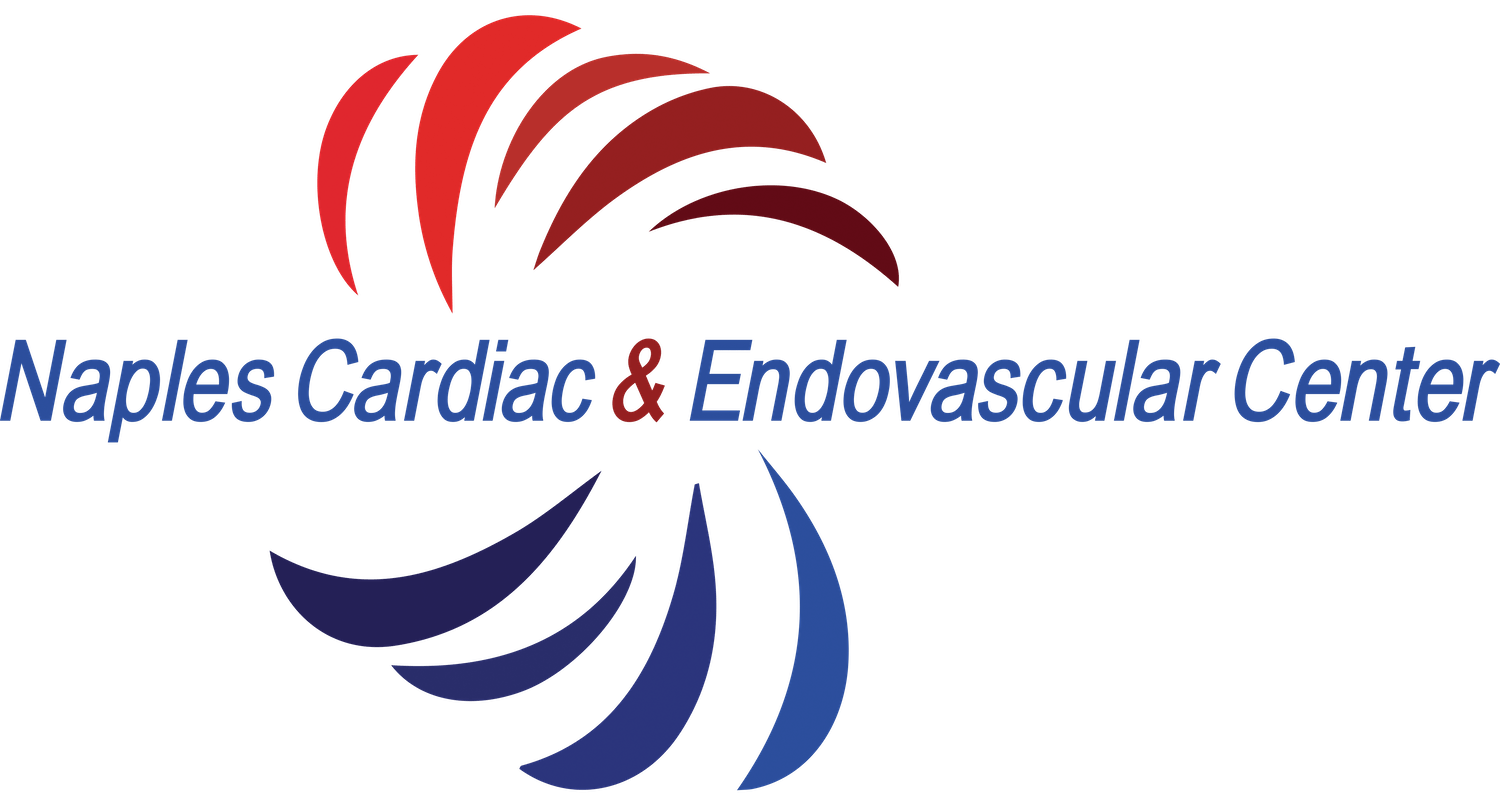Arrhythmia overview
An arrhythmia (also known as Heart Rhythm Disorder or Dysrhythmia) occurs when you normal heart rhythm (Sinus Rhythm) is disrupted.
Dr. Leandro Perez explains all about cardiac arrhythmias, symptoms, diagnosis and treatment options.
Types of arrhythmias
Arrhythmias can affect your upper heart chambers (Supraventricular arrhythmias) or they can affect your lower chambers (Ventricular arrhythmias). They can also be classified based on how fast your heart beats: fast heartbeat arrhythmias (Tachyarrhythmias) or slow heartbeat arrhythmias (Bradyarrhythmias).
What causes arrhythmias?
Risk factors for arrhythmias include:
hypertension
tobacco use
unhealthy dietary patterns
obesity
sleep apnea
coronary artery disease
sedentary lifestyle
excessive physical activity
alcohol intake
caffeine intake
emotional distress
excessive dietary sugar
cardiomyopathies
systemic disorders
toxins
illicit drug use
prescription drug use and other factors.
What are the symptoms of an arrhythmia?
Symptoms include palpitations, chest discomfort, dizziness, lightheadedness, fainting, leg swelling, inability to exercise, fatigue, poor energy, confusion, lack of concentration, breathing difficulties, chest discomfort and others.
How is an arrhythmia diagnosed?
The diagnosis starts with a thorough history and physical examination. Your doctor will likely recommend an electrocardiogram (EKG), prolonged monitoring may be necessary; stress testing, echocardiogram or other cardiac tests may also be recommended.
How is an arrhythmia treated?
Your treatment will depend on your specific arrhythmia and how much it affects your lifestyle. In some cases, medications are enough to correct the rhythm problem. In other cases, an electrophysiology study, a pacemaker or a defibrillator may be necessary.
To request a consultation click below or call (239) 300–0586


